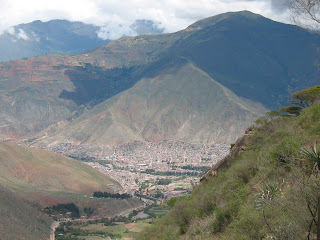A fairly standard definition of culture is something along the lines of ‘a system of symbols and meanings that lack fixed boundaries, are constantly in flux, and interact and compete with one another.’ When the majority of people use the term ‘culture’, they are referring to a way of life; this includes language, manners, fashion, behavior, morality, ethics, religion, and art.
The readings deal with several possible meanings of ‘culture’. The two which are most favoured are a) a way of life; b) arts and education. However, another idea of culture is introduced, namely that which is ruled by a group of elites who consider themselves sophisticated and ‘cultured’ to the extent that they are separate (and of course better) than everyone else. To me, the belief that you are better than others because of the places you dine at or the people that you are seen with is ignorant in the extreme.
Upon finishing the assigned readings, I was left with several questions regarding culture and our perception of it; some of which were brought up by the readings, and some of which were my own. What, exactly, is culture? How do cultures differ around the world? And are the differences significant enough to truly divide them, or are they merely superficial?
It seems to me that the author of the second article is saying that cultures are in effect the same, and that the ‘exoticness’ that we think of when we think of foreign lands is a “culturally constructed ‘other’” that fills the “savage slot.” Now I have to say that I didn’t really understand what this article was getting at, and I got kind of confused by all the various theories and post-whatevers (I couldn’t for the life of me figure out what “cleavages of class” are); but I think the gist of it is that we are more similar than we think, and that we purposely seek out and exaggerate the differences between ourselves and others. Why do we do this? The author seems to think that we are searching for “radical otherness”, and we find this otherness in the primitive tribes living in the Amazon.

